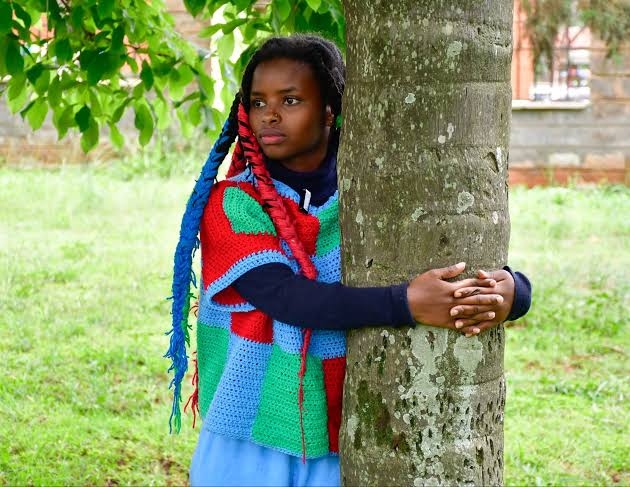Nakuru County Governor, David Kones has said reviving and supporting wildlife clubs in primary and secondary schools will inculcate conservation among the children.
He observed that human activities were the greatest impediment to nature conservation.
Komnes underscored the importance of imparting knowledge early in the life of children for them to be more sensitive to the environment and wildlife.
Speaking when he flagged off the 130-day Protect the Elephant Walk that will traverse four East African countries, the Deputy Governor said including conservation in the curriculum was the best way of making the campaigns successful.
A team of conservationists led by Elephant Neighbour Center Executive Director, Jim Justus Nyamu have embarked on a 32,000 Kilometre walk through Kenya, Uganda and terminate in the Democratic Republic of Congo.
The team was officially flagged off by Tourism, Wildlife and Heritage Cabinet Secretary, Peninah Malonza stopping over in different counties where respective governors or their deputies are participating and flagging it off.
Kones also challenged churches to also help spread the conservation message and protection of wildlife especially now that increased population and the effects of climate change are causing a sharp rise in human-wildlife conflict cases.
“Involving the communities in sensitisation events is a great way of making them own the campaign,” he said.
Nyamu said the commencement of the sensitisation campaign was timely because it came three days after a community in Kajiado County killed three elephants in a revenge attack after a child was killed by a jumbo.
“People should seek redress through the Kenya Wildlife Service (KWS) and other relevant authorities instead of killing the animals to revenge their losses,” said the Elephant Research Scientist who has been participating in annual walks.
This year’s walk is his 16th having covered more than 22,000 kilometres.
Nyamu said the sale and consumption of bush meat was rife in the country with the latest reported case being the interception of a hyena carcass which was being transported in a sack in Gilgil Sub-County.
“It is very unfortunate that such carcasses are destined for the butcheries and ultimately on unsuspecting families’ tables,” he said.
On fish poaching in Lake Nakuru, he said fishermen and traders were risking people’s lives by selling fish that had already been declared unfit for human consumption because it contained poisonous chemicals and heavy metals.
He said Lake Naivasha was the only gazetted water body for fishing in Nakuru out of the six lakes in the county.
Present during the flagging-off ceremony were Nakuru Deputy County Commissioner, Were Simiyu, KWS County Community Warden, Salome Chelelgo and Nakuru County Government Secretary, Samuel Mwaura.















